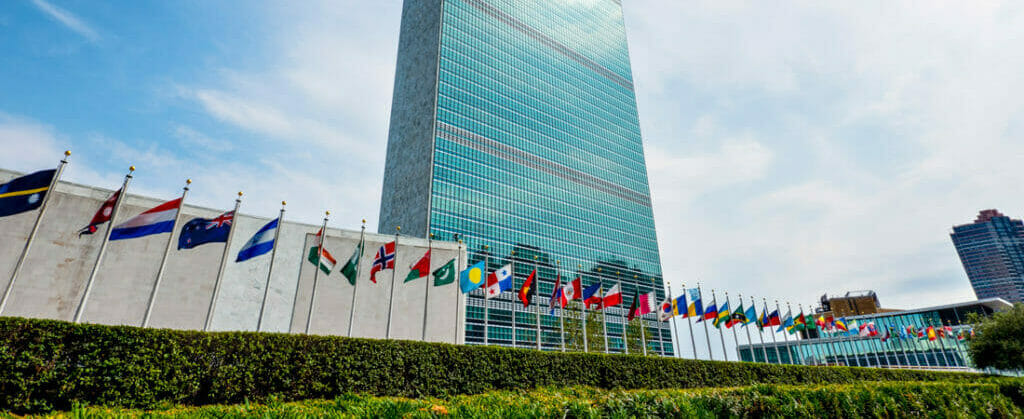
Topic Description
Human Rights and the New and Emerging Digital Technologies
Over the past decade, the UN has made clear that human rights must be protected online just as much as offline. Technology is not neutral—it can empower people by giving them access to information, education, and healthcare, or it can increase inequality by enabling discrimination, censorship, or surveillance. This makes the balance between innovation and regulation one of the toughest debates for governments today.
Artificial Intelligence (AI): How do we prevent biased algorithms from discriminating against people?
Surveillance: When does security cross the line into violating privacy rights?
Data Flows: Who controls personal data that moves across borders, and how can it be kept safe?
Digital Inclusion: How do we make sure developing countries and marginalized groups aren’t left out of the digital revolution?
The Council has also emphasized the need for human rights impact assessments—a way of testing how new technologies affect people’s rights before they are rolled out. The ultimate goal is to build a digital future that is innovative, inclusive, and democratic—a future where technology protects human dignity instead of threatening it.
Join our mailing list!
Sign up form
Or stay up to date with the latest WIMUN news by following us on social media!


